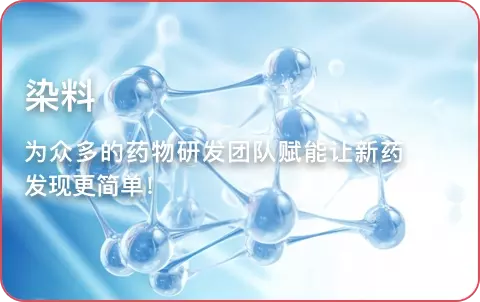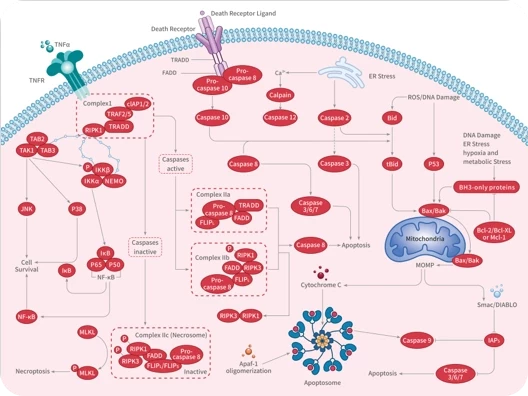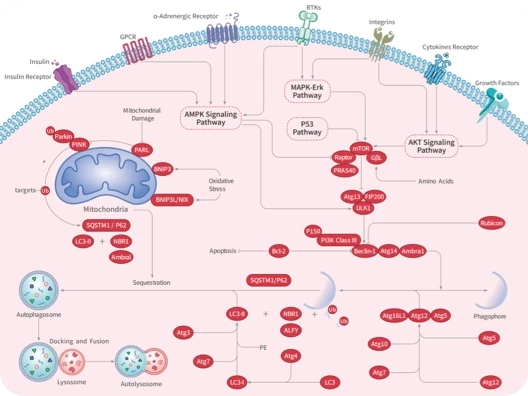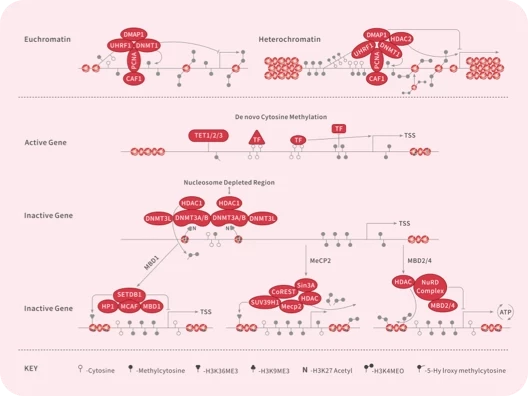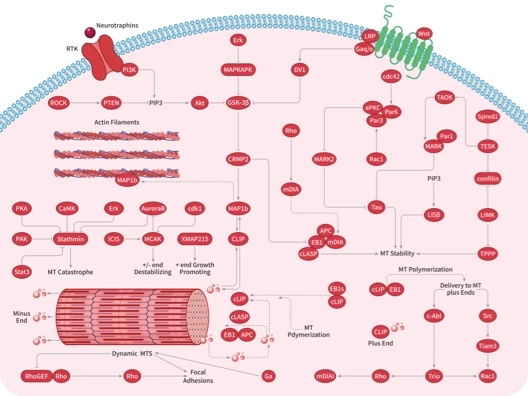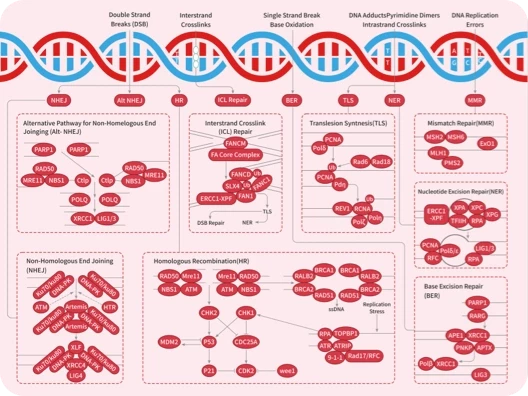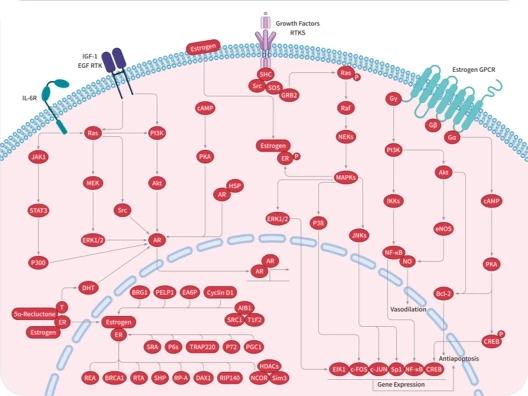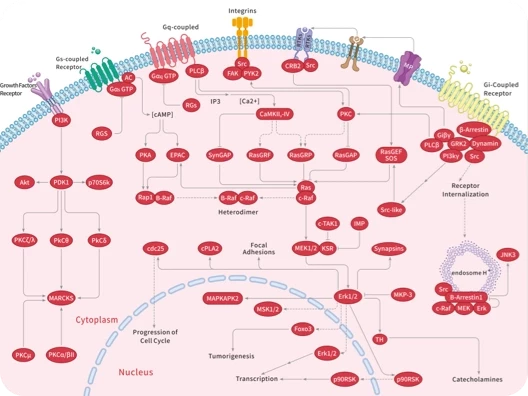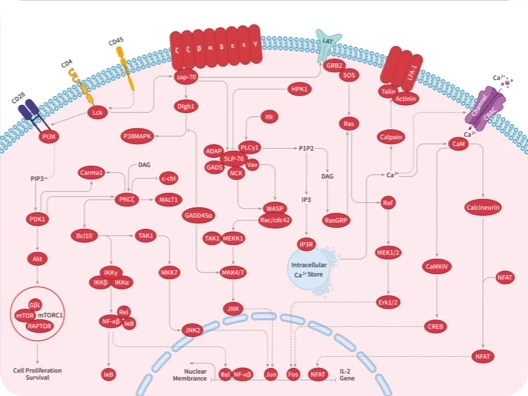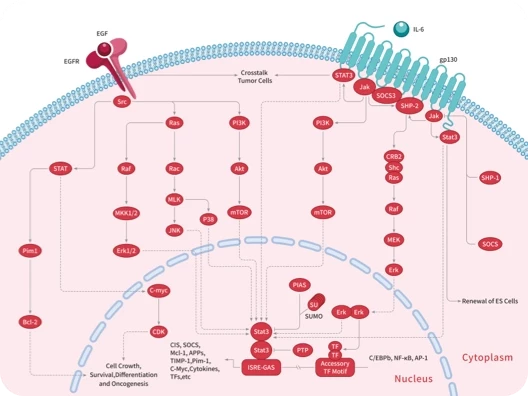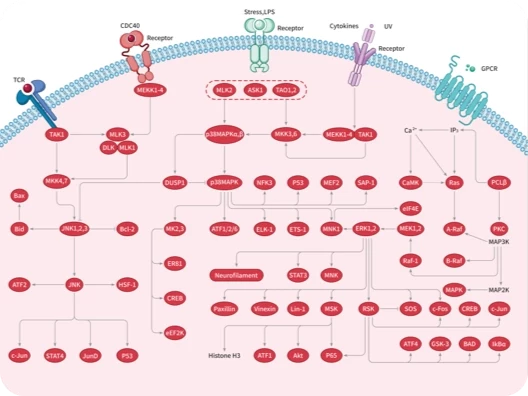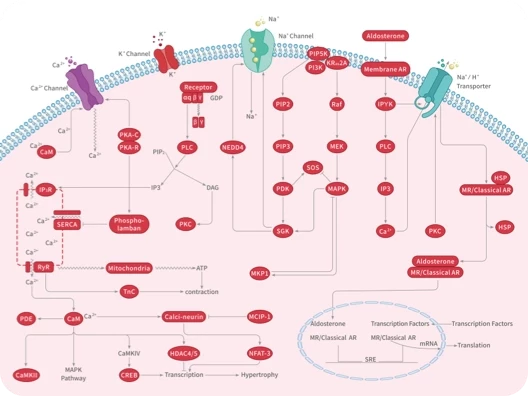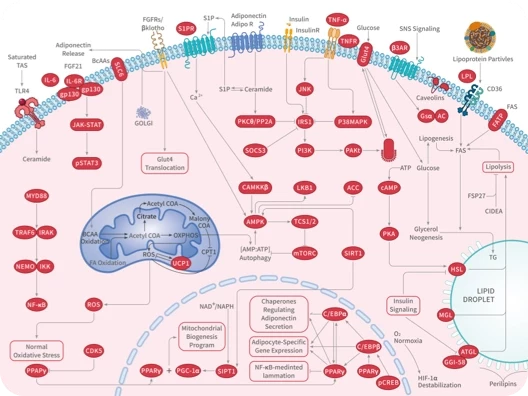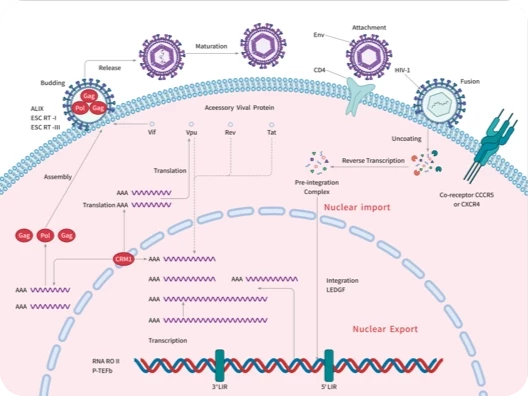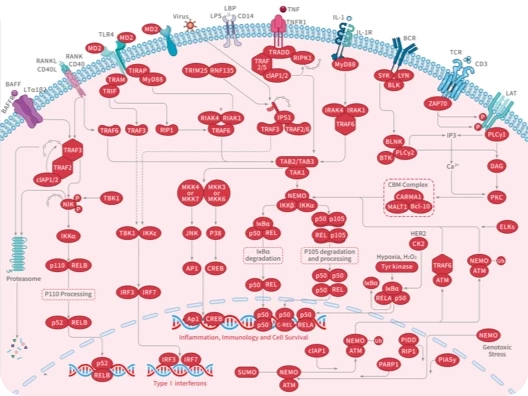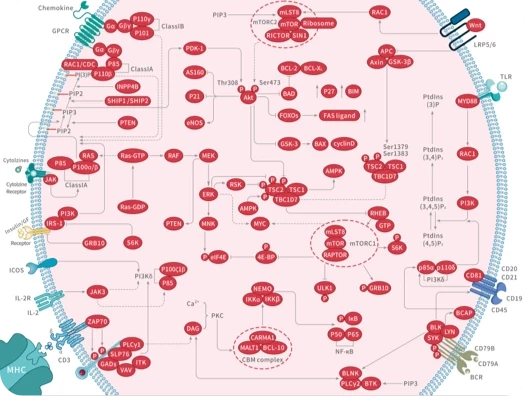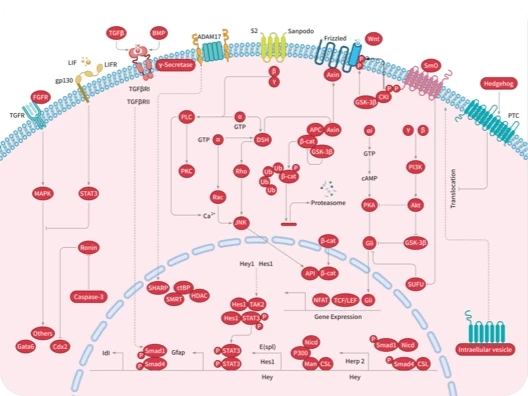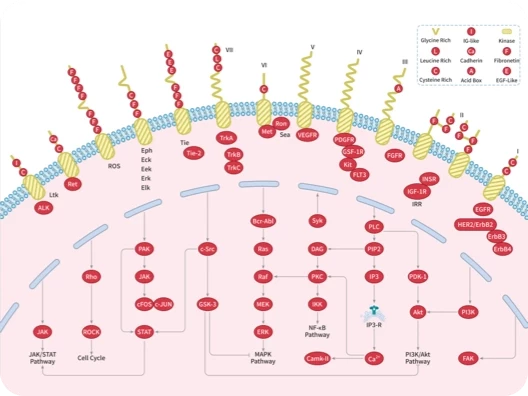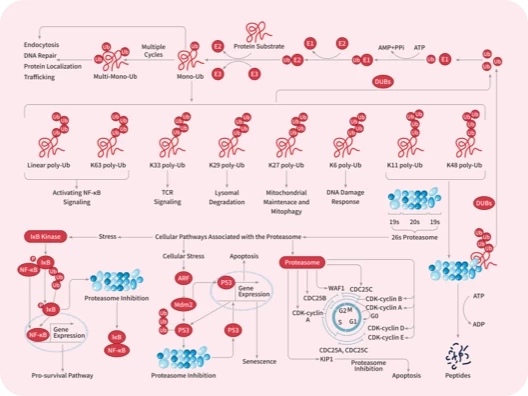- 全部删除
 您的购物车当前为空
您的购物车当前为空
购物车
CD69 Protein, Mouse, Recombinant (hFc)
产品编号 TMPY-04228
CD69 Protein, Mouse, Recombinant (hFc) is expressed in HEK293 mammalian cells with hFc tag. The predicted molecular weight is 44.1 kDa and the accession number is P37217.

CD69 Protein, Mouse, Recombinant (hFc)
产品编号 TMPY-04228
CD69 Protein, Mouse, Recombinant (hFc) is expressed in HEK293 mammalian cells with hFc tag. The predicted molecular weight is 44.1 kDa and the accession number is P37217.
| 规格 | 价格 | 库存 | 数量 |
|---|---|---|---|
| 100 μg | ¥ 4,460 | 5日内发货 |
大包装 & 定制
加入购物车
TargetMol 的所有产品仅用作科学研究或药证申报,不能被用于人体,我们不向个人提供产品和服务。请您遵守承诺用途,不得违反法律法规规定用于任何其他用途。
资源下载
产品信息
| 生物活性 | Activity testing is in progress. It is theoretically active, but we cannot guarantee it. If you require protein activity, we recommend choosing the eukaryotic expression version first. |
| 产品描述 | CD69 Protein, Mouse, Recombinant (hFc) is expressed in HEK293 mammalian cells with hFc tag. The predicted molecular weight is 44.1 kDa and the accession number is P37217. |
| 种属 | Mouse |
| 表达系统 | HEK293 Cells |
| 标签 | N-hFc |
| 蛋白编号 | P37217 |
| 别名 | VEA,CD69 molecule,AIM,AI452015,5830438K24Rik |
| 蛋白构建 | A DNA sequence encoding the mouse Cd69 (NP_001028294.1) (Gly64-Arg199) was expressed with the Fc region of human IgG1 at the N-terminus. Predicted N terminal: Glu |
| 蛋白纯度 | > 90 % as determined by SDS-PAGE. |
| 分子量 | 44.1 kDa (predicted) |
| 内毒素 | < 1.0 EU/μg of the protein as determined by the LAL method. |
| 缓冲液 | Lyophilized from a solution filtered through a 0.22 μm filter, containing PBS, pH 7.4. Typically, a mixture containing 5% to 8% trehalose, mannitol, and 0.01% Tween 80 is incorporated as a protective agent before lyophilization. |
| 复溶方法 | A Certificate of Analysis (CoA) containing reconstitution instructions is included with the products. Please refer to the CoA for detailed information. |
| 存储 | It is recommended to store recombinant proteins at -20°C to -80°C for future use. Lyophilized powders can be stably stored for over 12 months, while liquid products can be stored for 6-12 months at -80°C. For reconstituted protein solutions, the solution can be stored at -20°C to -80°C for at least 3 months. Please avoid multiple freeze-thaw cycles and store products in aliquots. |
| 运输方式 | In general, Lyophilized powders are shipping with blue ice. |
| 研究背景 | Early activation antigen CD69, also known as activation inducer molecule (AIM), is a single-pass type II membrane protein. Recently, cDNA clones encoding human and mouse CD69 were isolated and showed CD69 to be a member of the C-type lectin superfamily. It is one of the earliest cell surface antigens expressed by T cells following activation. Once expressed, CD69 acts as a costimulatory molecule for T cell activation and proliferation. In addition to mature T cells, CD69 is inducibly expressed by immature thymocytes, B cells, natural killer (NK) cells, monocytes, neutrophils and eosinophils, and is constitutively expressed by mature thymocytes and platelets. CD69 is involved in lymphocyte proliferation and functions as a signal transmitting receptor in lymphocytes, natural killer (NK) cells, and platelets. The structure, chromosomal localization, expression and function of CD69 suggest that it is likely a pleiotropic immune regulator , potentially important in the activation and differentiation of a wide variety of hematopoietic cells. This membrane molecule transiently expresses on activated lymphocytes, and its selective expression in inflammatory infiltrates suggests that it plays a role in the pathogenesis of inflammatory diseases. CD69 plays a crucial role in the pathogenesis of allergen-induced eosinophilic airway inflammation and hyperresponsiveness and that CD69 could be a possible therapeutic target for asthmatic patients. |
计算器
SCI 文献
技术支持
请阅读 重组蛋白用户指南 了解更多具体信息.








